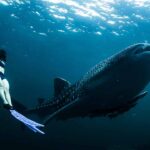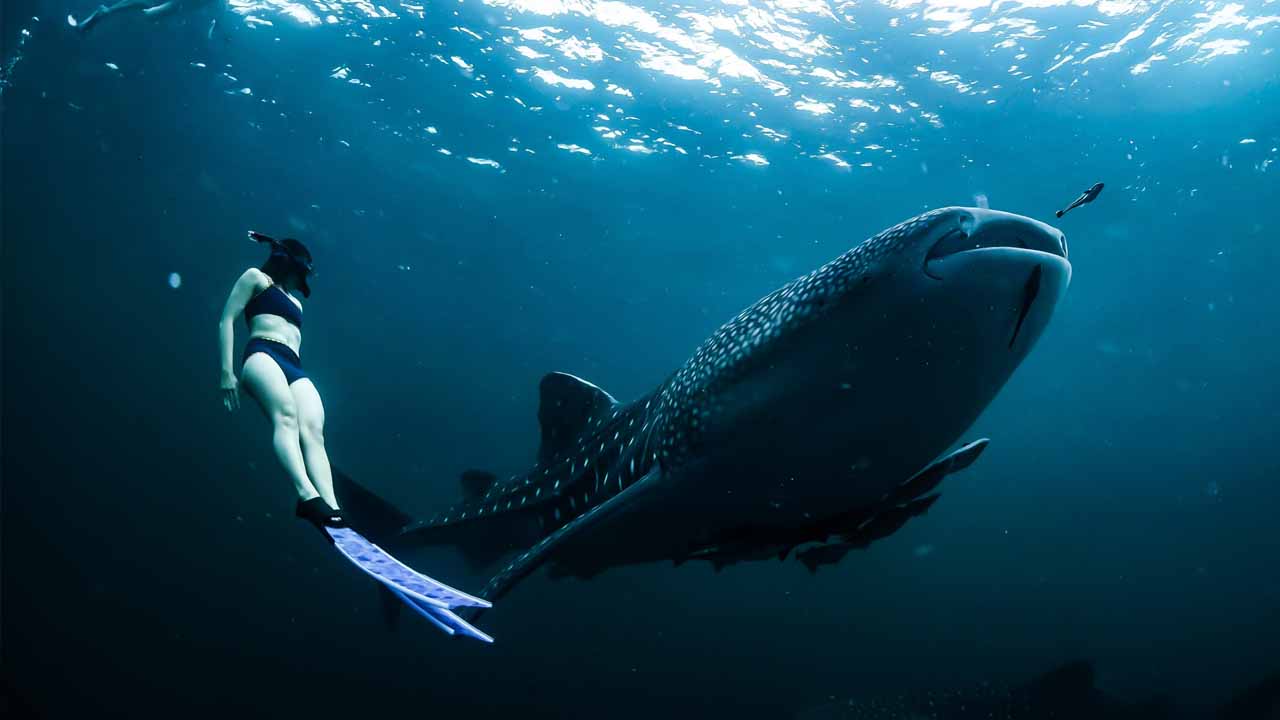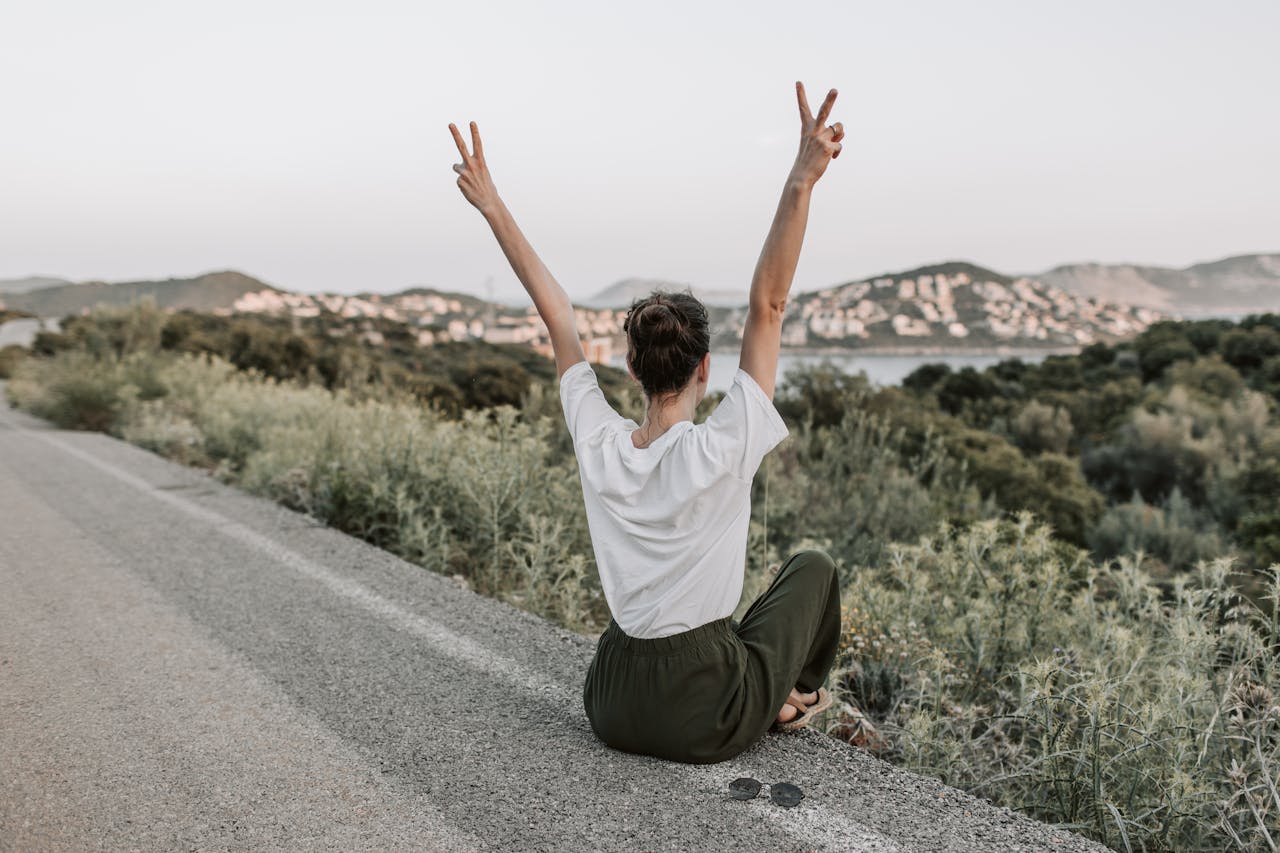I’ve always admired the ocean—but from a safe distance.
I love the sound of waves, the salty breeze, the endless horizon. But the idea of being in open water, face-to-face with a massive creature? Terrifying. Until one day in Sumbawa, Indonesia, I decided to challenge that fear. And what happened next shifted something deep inside me.
This is the story of how I went from anxious tourist to wide-eyed believer, thanks to one unforgettable encounter with a whale shark—and how choosing a Sumbawa whale shark ethical tour opened my heart in ways I didn’t expect.
The Decision That Shook Me
I was traveling through Lombok when I heard whispers about Saleh Bay, a place where whale sharks show up regularly near local fishing platforms. What caught my attention wasn’t just the presence of these giants—but the way they were treated.
No cages. No feeding tricks. No harassment. Just a respectful, low-impact way to meet one of the ocean’s most majestic beings.
Something inside me said, “Go.”
So I signed up for the experience through a small, responsible provider who emphasized marine conservation, local knowledge, and a code of ethics that felt right. This wasn’t a circus. This was a rare window into the life of a wild animal—on its own terms.
And yet, as the boat set off into the bay the next morning, I couldn’t shake the nerves.
The Fear Was Real
Open water. No land in sight. Just blue, all around.
My mind spiraled: What if something goes wrong? What if I panic in the water? What if the whale shark is too close?
I clutched my life vest, trying not to let the others notice my shaking hands.
Then the guide pointed: “There. Just below the surface.”
I squinted. At first, I saw nothing. Then—movement. A shadow. A shape that grew larger and more defined with every second.
A whale shark. My heart skipped.
It was real. It was here. And I had to make a choice: stay in the boat, or jump in and meet my fear head-on.
The Leap
I don’t remember diving in. Just the cold shock of water, the blur of bubbles, and suddenly—silence.
When I opened my eyes, it was right there.
The whale shark was enormous. Spotted. Graceful. And completely unaware of the chaos happening inside my chest.
It moved with slow confidence, its tail swaying in wide arcs, its mouth slightly open as it filtered plankton from the sea. I hovered at a distance, too afraid to get closer. But then it turned slightly—and looked at me.
A single eye. Calm. Curious. Not threatening. Just… aware.
From Panic to Peace
In that moment, the fear started to melt.
The whale shark wasn’t hunting me. It wasn’t aggressive. It wasn’t even interested in me, really. It was just there—existing, peacefully, as it had for millions of years.
Something shifted.
I let go of the tension in my body. My arms floated freely. I kicked gently to follow it, keeping a respectful distance. We swam like that—side by side—for what felt like forever, though it was probably just a few minutes.
And then I cried.
Not because I was scared. But because I wasn’t anymore.
Why Ethics Matter
It wasn’t just the whale shark that made the experience powerful—it was how the encounter happened.
The team didn’t chase the animals. We approached slowly. We were briefed on behavior, safety, and conservation. There was no touching, no feeding, no noise. Just humans humbling themselves before something wild and free.
That’s the core of a Sumbawa whale shark ethical experience. And it’s rare.
So many tours around the world treat whale sharks like a show. They feed them. They crowd them. They turn something sacred into a spectacle. But here, in Saleh Bay, it felt different. It felt right.
If you’re looking for something more than just a photo op, I can recommend the experience I joined without hesitation:
<a href=”https://whalesharksalehbay.com/whale-shark-sale-bay-article-blog-4/”>Saleh Bay whale shark tour</a>
Learning from a Giant
Whale sharks are the largest fish in the ocean, but they behave like ocean monks.
They don’t rush. They don’t fight. They don’t flex. They glide.
Watching one up close taught me something profound: power doesn’t need to shout. It can be silent. Still. Gentle.
And isn’t that what we all need more of?
The Afterglow
Back on the boat, wrapped in a towel and breathing in the salt air, I felt new. Lighter. Like something had been cleaned out of me.
Others were laughing, replaying the swim, comparing footage. I sat quietly, still processing what had happened.
I had faced something I feared. And instead of danger, I found peace.
And more than that, I found deep respect—for the whale sharks, for the local people who protect them, and for the ecosystem that makes such magic possible.
Sumbawa’s Secret Power
Sumbawa may not be as famous as Bali or Komodo, but maybe that’s why it feels so pure.
The coastlines are wild. The waters are clear. The locals are kind. And the whale sharks? They just show up. Not for us—but because this is their home. And we’re lucky enough to be guests.
That day reminded me of the importance of choosing travel experiences that don’t just serve us—but serve the places we visit, too. Supporting ethical marine tourism isn’t just good for the animals. It’s good for our souls.










